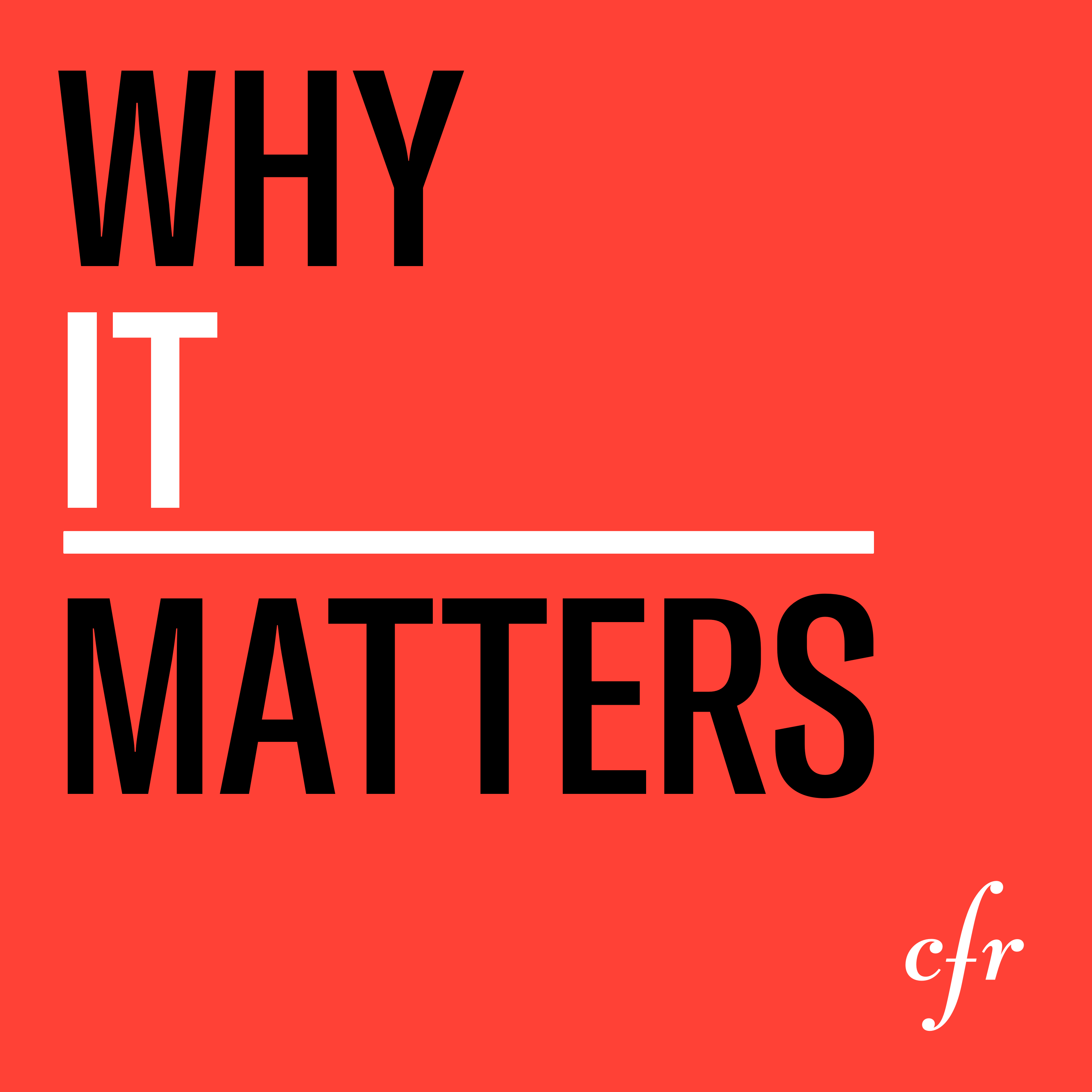
Each episode of Why It Matters breaks down an issue that is shaping our world’s future. Join host Gabrielle Sierra as she speaks with the leaders and thinkers who are facing these questions head on. Fueled by the minds at the Council on Foreign Relations, Why It Matters brings some of the world’s most compelling stories home to you.
Episodes

Thursday Dec 18, 2025
The Risk Report for 2026
Thursday Dec 18, 2025
Thursday Dec 18, 2025
As 2025 draws to a close, U.S. foreign policy stands at an inflection point. Under the second Trump administration, traditional alliances have been tested, a hard-edged national security strategy has been rolled out, and for the first time, CFR’s annual Preventive Priorities Survey has ranked a military conflict with Venezuela as a top threat facing the U.S. in 2026.
Whether these and other flashpoints erupt next year will hinge on how world leaders manage mounting pressures, both at home and abroad.
Read the full 2026 Preventive Priorities Survey.
Featured Guest:
Paul B. Stares (General John W. Vessey Senior Fellow for Conflict Prevention and Director of the Center for Preventive Action)
Why It Matters is a production of the Council on Foreign Relations. The opinions expressed on the show are solely those of the guests, not of CFR, which takes no institutional positions on matters of policy.
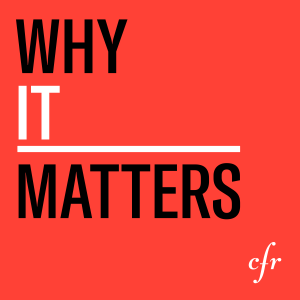
Thursday Jun 05, 2025
Where Does U.S. Trade Go From Here?
Thursday Jun 05, 2025
Thursday Jun 05, 2025
The unprecedented trade policies since the beginning of this year, driven largely by the Donald Trump administration’s pro-tariff agenda, have propelled the United States into uncertain and rocky territory. When it comes to our trading partners, the potential damage to U.S. alliances has left economists and policymakers in Washington questioning what’s next. Where do experts foresee U.S. trade policy heading?
This season, Why It Matters is taking you through the ins and outs of trade. In this season finale, CFR’s Michael Froman and Shannon K. O’Neil tackle your biggest questions about what’s at stake and what’s next for U.S. trade policy.
Featured Guests:
Michael Froman (President of the Council on Foreign Relations)
Shannon K. O’Neil (Senior Vice President, Director of Studies, and Maurice R. Greenberg Chair, CFR)
To hear more from Michael Froman, subscribe to his newsletter, The World This Week.
For an episode transcript and show notes, visit us at https://www.cfr.org/podcasts/wim/where-does-trade-go-here

Tuesday Jun 03, 2025
Mind the Trade Gap
Tuesday Jun 03, 2025
Tuesday Jun 03, 2025
Is having a trade deficit necessarily a bad thing? Many experts argue that the U.S. trade deficit is largely good for our economy. It allows Americans to enjoy a wider variety of cheap goods, attracts foreign investment, and reflects the strength of the U.S. dollar. Others believe it’s a warning sign that we’re relying too much on imports, hurting American jobs, and racking up debt owed to other countries.
This season, Why It Matters is taking you through the ins and outs of trade. In this episode, we unpack the trade deficit. What is it and why has it become a primary focus of the second Trump administration?
Featured Guests:
Brad W. Setser (The Whitney Shepardson Senior Fellow specializing in global trade and capital flows, financial vulnerability analysis, and sovereign debt restructuring, CFR)
Heather Hurlburt (Associate Fellow for the U.S. and the Americas Programme, Chatham House)
For an episode transcript and show notes, visit us at https://www.cfr.org/podcasts/wim/mind-trade-gap
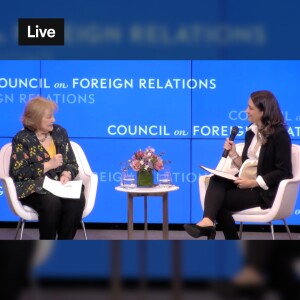
Wednesday May 21, 2025
Why It Matters Live!: Food Diplomacy
Wednesday May 21, 2025
Wednesday May 21, 2025
Host Gabrielle Sierra and podcast guests Johanna Mendelson Forman and Matthew Costello discuss food diplomacy, share stories from White House state dinners, and unpack how food has helped to create lasting international partnerships.
This taping was originally recorded on April 17, 2025.
Featured Guests
Johanna Mendelson Forman (Distinguished Fellow at the Stimson Center, Adjunct Professor at American University’s School of International Service)
Matthew Costello (Chief Education Officer and Director of the David M. Rubenstein National Center for White House History at the White House Historical Association)

Wednesday May 21, 2025
Trade Agreements: Deal or No Deal
Wednesday May 21, 2025
Wednesday May 21, 2025
What role does the president have when it comes to making trade deals? In this episode, we dig into the expansive powers of the U.S. president when it comes to trade. From unilateral authority to congressional oversight, we unpack who truly calls the shots when the U.S. negotiates trade agreements.
This season, Why It Matters is taking you through the ins and outs of trade. In this episode, Why It Matters dissects the current state of U.S. trade agreements; what deals exist, which ones are under strain, and how President Donald Trump’s unconventional approach to trade negotiations is shifting the United States away from the norm.
Featured Guest:
Inu Manak (Fellow for trade policy at the Council on Foreign Relations)
For an episode transcript and show notes, visit us at https://www.cfr.org/podcasts/wim/trade-agreements-deal-or-no-deal
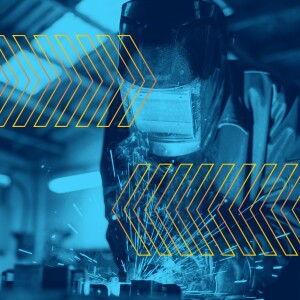
Wednesday Apr 30, 2025
Tariff Turmoil, Part 2: Steel and Dog Gelato
Wednesday Apr 30, 2025
Wednesday Apr 30, 2025
Tariffs have sparked intense debate in Washington, but their consequences land far from Capitol Hill. Tariffs can shape paychecks, shift prices for consumers, and affect markets. At best, tariffs offer short-term protection for certain industries. At worst, they can uproot the lives of American workers. In this episode, Why It Matters looks at what tariffs mean for a U.S. steel manufacturer and small business owner trying to stay afloat.
Featured Guests
Matthew P. Goodman, Distinguished Fellow and Director of the Greenberg Center for Geoeconomic Studies, CFR
Jamie Sychak, President of United Auto Workers Local 3303
Debbie Hendrickx, Founder and CEO of Swell Gelato
For an episode transcript and show notes, visit us at: https://www.cfr.org/podcasts/wim/tariff-turmoil-part-2-steel-and-dog-gelato
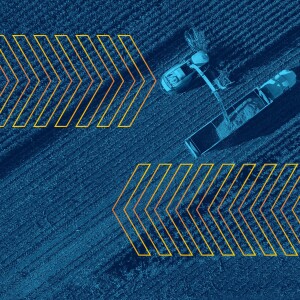
Wednesday Apr 16, 2025
Tariff Turmoil, Part 1: How Tariffs Are Affecting Farmers
Wednesday Apr 16, 2025
Wednesday Apr 16, 2025
Tariffs are often discussed in big, abstract terms—trade wars, economic strategy, global power struggles. But for ginseng farmers in Wisconsin, their effects are painfully personal. In this episode, Why It Matters dives into how tariffs work and how they’re hitting one of America's most niche yet lucrative exports: Wisconsin-grown ginseng.
Featured Guests
Matthew P. Goodman, Distinguished Fellow and Director of the Greenberg Center for Geoeconomic Studies, CFR
Will Hsu, President of Hsu's Ginseng Enterprises Inc.
For an episode transcript and show notes, visit us at https://www.cfr.org/podcasts/wim/tariff-turmoil-part-1-how-tariffs-are-affecting-farmers
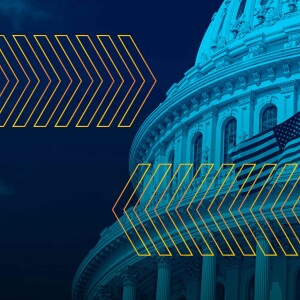
Wednesday Apr 02, 2025
The Washington Consensus Could Not Hold
Wednesday Apr 02, 2025
Wednesday Apr 02, 2025
When it comes to trade, there is no consensus in Washington. The issue has become deeply polarizing, with lawmakers split over whether free trade agreements benefit or harm the U.S. economy. While some argue that open markets are essential for global leadership and economic growth, others believe that such policies disproportionately harm American workers and industries, fueling the rise of protectionist sentiment.
This season, Why It Matters is taking you through the ins and outs of trade. In this episode, we’re examining how trade policy is sizing up to be anything but consensus.
Featured Guests
Shannon K. O’Neil, Senior Vice President, Director of Studies, and Maurice R. Greenberg Chair, CFR
Edward Alden, Senior Fellow specializing in U.S. economic competitiveness, trade, and immigration policy
For an episode transcript and show notes, visit us at https://www.cfr.org/podcasts/wim/washington-consensus-could-not-hold
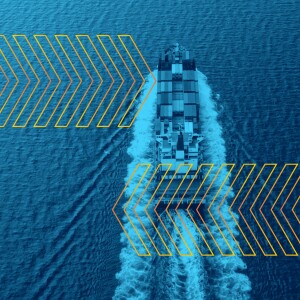
Wednesday Mar 19, 2025
We’ve Been Looking At Trade All Wrong
Wednesday Mar 19, 2025
Wednesday Mar 19, 2025
There was once a broad consensus in Washington that trade was a force for good—a way to connect, grow, and prosper. But today, trade has evolved into something much bigger than just the exchange of goods. It’s become a powerful tool to rewrite the rules of foreign policy, reshape how the United States is viewed by the rest of the world, and steer us toward an increasingly uncertain future. When did this change begin, and where did we go off course?
This season, Why It Matters is taking you through the ins and outs of trade. In this episode, we’re diving into the history books to learn what can the past tell us about the future of U.S. trade policy.
Featured Guest
Edward Alden, senior fellow specializing in U.S. economic competitiveness, trade, and immigration policy
For an episode transcript and show notes, visit us at https://www.cfr.org/podcasts/weve-been-looking-trade-all-wrong

Wednesday Mar 19, 2025
Why Trade Matters
Wednesday Mar 19, 2025
Wednesday Mar 19, 2025
Why It Matters is back and this time we are dedicating an entire season to talking about trade. Alongside CFR’s leading experts, we are bringing you stories from Americans around the country and trying to figure out where Washington went wrong when it comes to U.S. trade policy.
